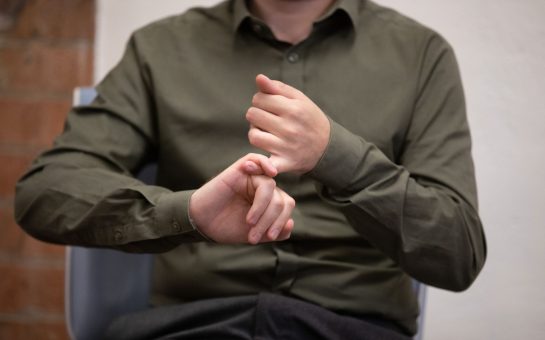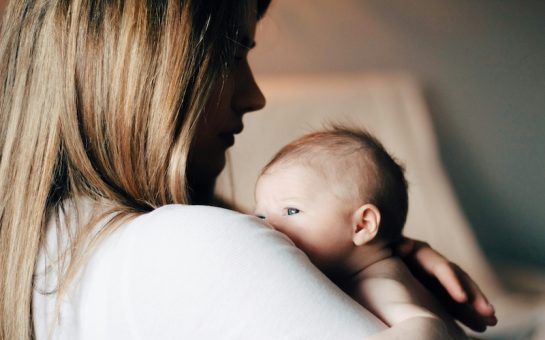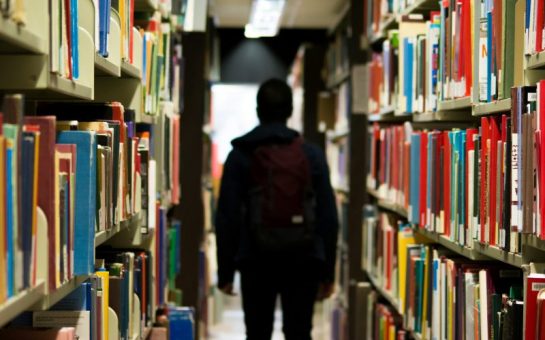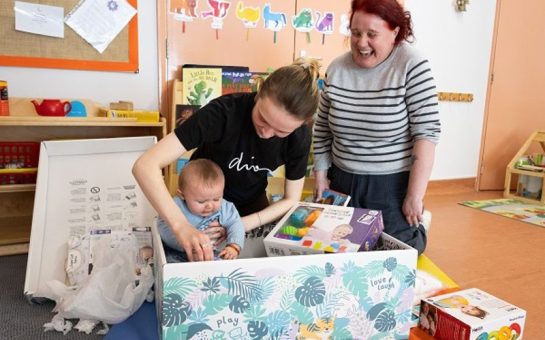By Pauline Bezzina
August 22 2020, 17.25
Follow @SW_Londoner
As lockdown restrictions are partially lifted in the UK, families contemplate the idea of letting their children go back to school in September.
What if ‘going back to school’ meant something else ‘post-COVID’?
School as we know it is shifting away.
Since March 16, 87% of parents said at least one child in their household had gone into homeschooling.
Schools governors and parents had mixed opinions on homeschooling.
Natalie Reeves-Billing, 38, from Liverpool stressed her two children, aged seven and eight, were out of school two weeks before lockdown and started homeschooling right away.
She added: “It was a very unpopular decision. The school would not support our choice at first.”
Some schools struggled to organise learning packages, while others were quick on their feet, providing all sorts of digital support.
Ms Reeves-Billing highlighted there was a month gap until they started to provide packages so she had to buy workbooks from Amazon until then.
Other families felt more supported by their schools and were provided with the necessary tools.
Naomi Empowers, 33, said: “My children’s school shut down a week before lockdown and was sending out work on a weekly basis.
“They were brilliant.”
Ms Empowers added that having her children (6 and 8) attending an independent school in west London, she was expecting them to have a quick response to school closures.
However, a majority of parents and children were not emotionally ready to deal with homeschooling.
More than half (52%) of parents said a child in their household was struggling to continue their education while at home.
77% of parents giving lack of motivation as one of the reasons.
Parents find it difficult to be as hard as teachers towards their children when it comes to homeschooling.
Ms Reeves-Billing said: “Home is not a natural place for education, lots of things can happen that affect whether you can educate them on any given day.
“For the sake of mental health and happiness, we have to be more loose and just go when the time was right.”
43% of homeschooling parents agreed that it was negatively affecting the well-being of their children.
Ms Reeves-Billing said: “I was very conscious of the changes in my children becoming more anxious, more clingy.
“I launched my business in late February and juggling the new business and the kids created anxiety like I’d never before felt.”
She wrote a range of kids books about her experience, called the Monstrous Me Collection.
Ms Empowers highlighted that as a lone parent she felt guilty not being able to juggle with all her responsibilities.
She added: “It was either stick the children in front of the TV while I work, or neglect my work and be with the children.
“It was not sustainable for young children.”
Parents interviewed all agreed what most affected their children was the lack of social interaction that they would have at school.
Lack of guidance and resources are also reasons why students are struggling to continue their education at home.
A Nuffield-funded research from the IFS shows that 30% of pupils from better-off families are spending longer on home learning, have better home set-up and their parents report feeling more able to support them.
Rahim Hirji, 45, UK country manager of the online learning platform and app, Quizlet, said: “Not everyone has multiple laptops and things of that nature in their homes, so that was a struggle.”
He added that for most parents who did not know which tools to use and how, Quizlet was a good alternative.
During lockdown, Quizlet saw between 200% and 500% growth.
Practical skills are sometimes more valued than pure academic knowledge.
Ms Reeves-Billing said: “Education became 50% outdoor work or practical work where the children could be engaged and 50% of actual reading and writing.”
Ms Empowers highlighted she was also teaching her children business principles she feels they need to know.
What does the future of education look like?
Education as we know it is shifting.
Homeschooling will become a reality in many places, and educational apps such as Quizlet are on the rise.
Lockdown led parents, teachers, and students to rethink what education actually means today.
Ms Empowers said: “Education and educational institutions are preparing students for a world that no longer exists.”
To this, Mr Hirji added: “Lockdown was a perfect time for schools to become more familiar with digital learning systems.
“It’s not only sitting down at a desk and in the classroom child style teaching that that works.”
If anything, lockdown led people to reflect on the future of education and what it means to ‘go back to school’.




